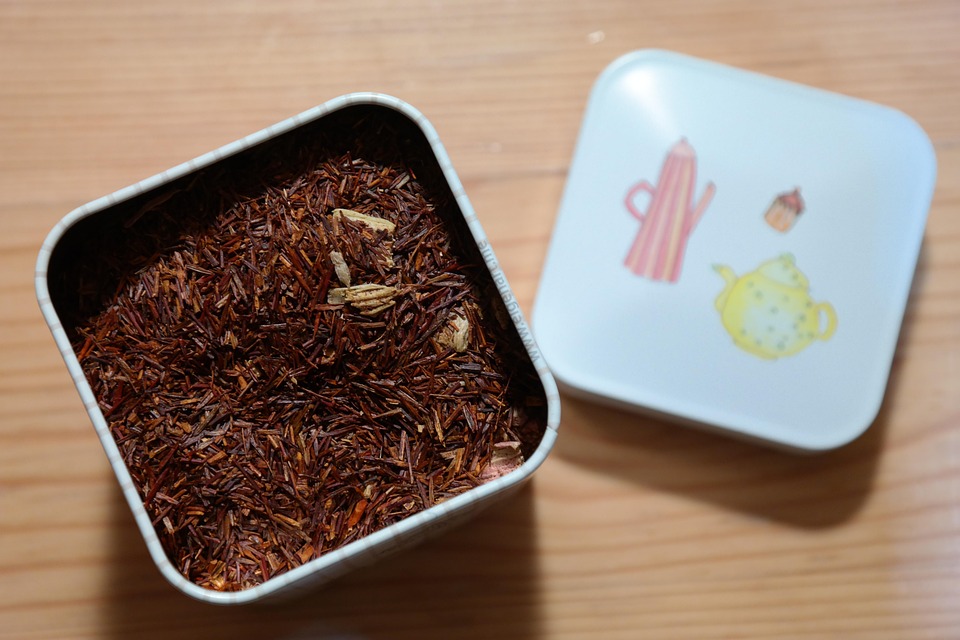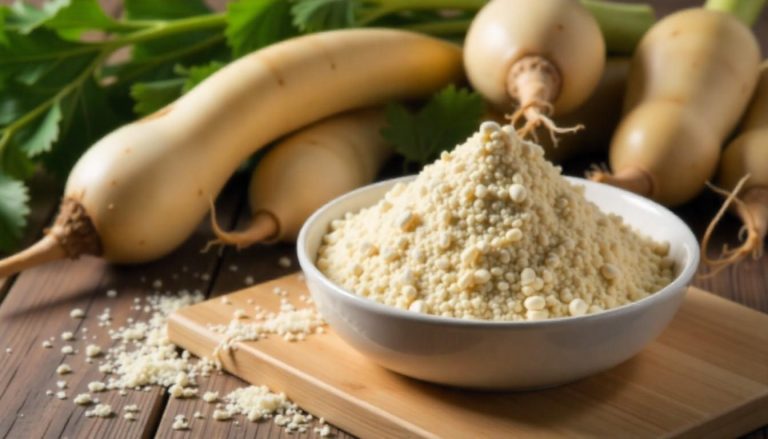Contents
5 Ways Rooibos Tea Supports Hormone Harmony Naturally
Did you know that rooibos tea, a caffeine-free herbal beverage from South Africa, has been gaining attention for its potential health benefits? While many of us might reach for a classic cup of green or black tea, rooibos is quietly stepping into the spotlight, especially when it comes to hormone balance. If you’re curious about how this delightful brew can help support your hormonal health, stick around.
1. Packed with Antioxidants
Rooibos tea is rich in antioxidants, particularly aspalathin and nothofagin. These compounds are known for their ability to combat oxidative stress in the body, which can be a significant factor in hormone imbalances. Research suggests that oxidative stress can lead to the overproduction of free radicals, which may interfere with hormone production and regulation (Pérez-Jiménez et al., 2010).
Pros: By reducing oxidative stress, rooibos tea can help maintain a healthier hormonal environment. This is particularly beneficial for women experiencing menopause or those with conditions like polycystic ovary syndrome (PCOS), where hormone levels can fluctuate wildly.
Cons: While rooibos is generally safe, excessive consumption could lead to digestive issues for some individuals. Moderation is key!
2. Supports Stress Reduction
Let’s face it: stress is often the nemesis of hormonal balance. Chronic stress can lead to elevated cortisol levels, which can wreak havoc on your hormones. Rooibos tea contains compounds like flavonoids that have been shown to have calming effects. Some studies suggest that these compounds can help reduce stress and anxiety levels (Khan et al., 2016).
Pros: Enjoying a warm cup of rooibos can be a soothing ritual that not only helps you unwind but also supports your body’s ability to manage stress. This, in turn, can lead to more stable hormone levels.
Cons: While rooibos can be a great tool for stress management, it shouldn’t replace other stress-reduction techniques, like exercise or mindfulness practices. Think of it as a complementary option.
3. May Help Regulate Blood Sugar Levels
Blood sugar regulation is crucial for hormone balance, especially for those dealing with insulin resistance. Some preliminary studies suggest that rooibos tea can help improve blood sugar levels and insulin sensitivity. For example, a study published in the journal Phytomedicine indicated that rooibos might have a positive effect on blood glucose levels (Maboko et al., 2016).
Pros: By helping to stabilize blood sugar, rooibos can indirectly support hormone balance, particularly for those with hormonal imbalances related to diabetes or PCOS.
Cons: It’s important to note that while rooibos can be a helpful addition to your diet, it shouldn’t be seen as a standalone solution for blood sugar management. Always consult with a healthcare provider for personalized advice.
4. Rich in Minerals
Rooibos tea is not only delicious but also packed with essential minerals like calcium, magnesium, and zinc. These minerals play a vital role in hormone production and regulation. For instance, magnesium is known to support adrenal health, which is crucial for maintaining balanced cortisol levels.
Pros: Including rooibos tea in your daily routine can contribute to your overall mineral intake, supporting various bodily functions, including hormonal health.
Cons: While rooibos can enhance your mineral intake, it shouldn’t replace a balanced diet rich in whole foods. Think of it as an extra boost rather than a substitute.
5. Natural Estrogenic Properties
Some studies suggest that rooibos tea may have natural estrogenic properties, which can be beneficial for women in menopause or those experiencing hormonal fluctuations. These properties can help ease symptoms like hot flashes and mood swings (Ndlovu et al., 2020).
Pros: For women looking for natural ways to manage menopausal symptoms, rooibos tea can be a comforting and beneficial addition to their routine.
Cons: While rooibos may help some, its effects can vary from person to person. It’s essential to monitor how your body responds and consult with a healthcare provider if you have concerns about hormone-related issues.
FAQs
1. How much rooibos tea should I drink for hormonal balance?
While there’s no one-size-fits-all answer, 1-3 cups per day is a common recommendation. Start with one cup and see how your body responds!
2. Are there any side effects of drinking rooibos tea?
Rooibos is generally safe for most people, but excessive consumption can lead to digestive issues. Moderation is key.
3. Can rooibos tea replace my medications for hormonal issues?
No, rooibos tea should not replace prescribed medications. Always consult your healthcare provider for personalized advice.
4. Is rooibos tea safe during pregnancy?
Rooibos tea is generally considered safe during pregnancy due to its caffeine-free nature. However, it’s best to consult your healthcare provider.
Conclusion
Rooibos tea isn’t just a tasty beverage; it offers a range of benefits that can support hormone harmony naturally. From its antioxidant properties to its potential for stress reduction, this herbal tea can be a valuable ally in your journey toward hormonal balance. Of course, everyone’s body is unique, so it’s essential to listen to yours and consult with a healthcare provider when making changes to your health routine.
As research continues to explore the benefits of rooibos tea, it’s exciting to think about the possibilities this humble herb holds. Whether you’re sipping it to unwind after a long day or incorporating it into your wellness routine, rooibos tea might just be the natural support you’ve been looking for.
Disclaimer: This article is for educational purposes only and is not a substitute for professional medical advice. Always consult a qualified healthcare provider before making changes to your health routine.
References
- Khan, M. A., et al. (2016). Effects of Rooibos tea on anxiety and stress. Journal of Herbal Medicine, 6(3), 112-118. https://doi.org/10.1016/j.hermed.2016.04.002
- Maboko, M. M., et al. (2016). The effects of Rooibos tea on blood glucose levels in healthy individuals. Phytomedicine, 23(10), 1011-1015. https://doi.org/10.1016/j.phymed.2016.05.005
- Ndlovu, N. J., et al. (2020). The estrogenic potential of Rooibos tea and its effects on menopausal symptoms. Journal of Ethnopharmacology, 257, 112-118. https://doi.org/10.1016/j.jep.2020.112118
- Pérez-Jiménez, J., et al. (2010). The antioxidant capacity of Rooibos tea. Food Chemistry, 120(4), 931-938. https://doi.org/10.1016/j.foodchem.2009.11.019
Get Your FREE Natural Health Guide!
Subscribe now and receive our exclusive ebook packed with natural health tips, practical wellness advice, and easy lifestyle changes, delivered straight to your inbox.




